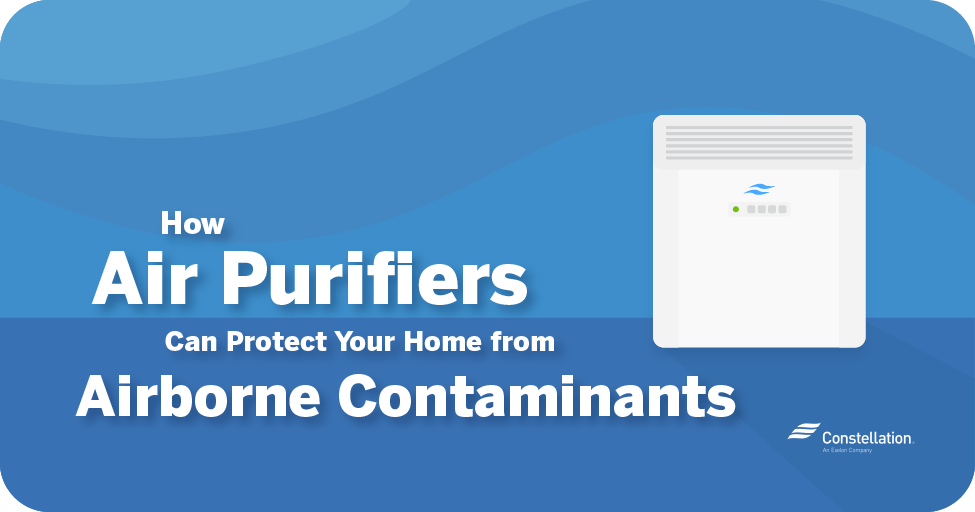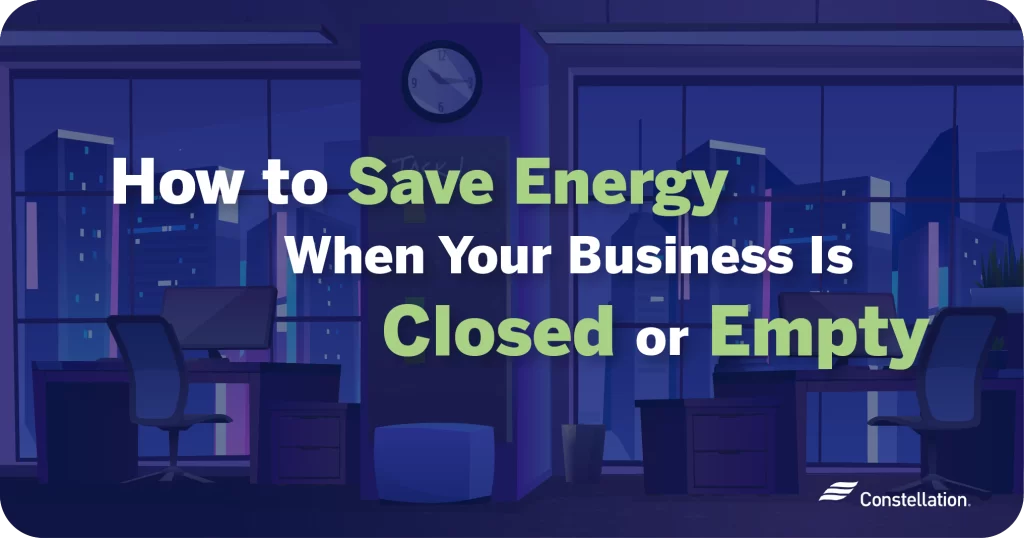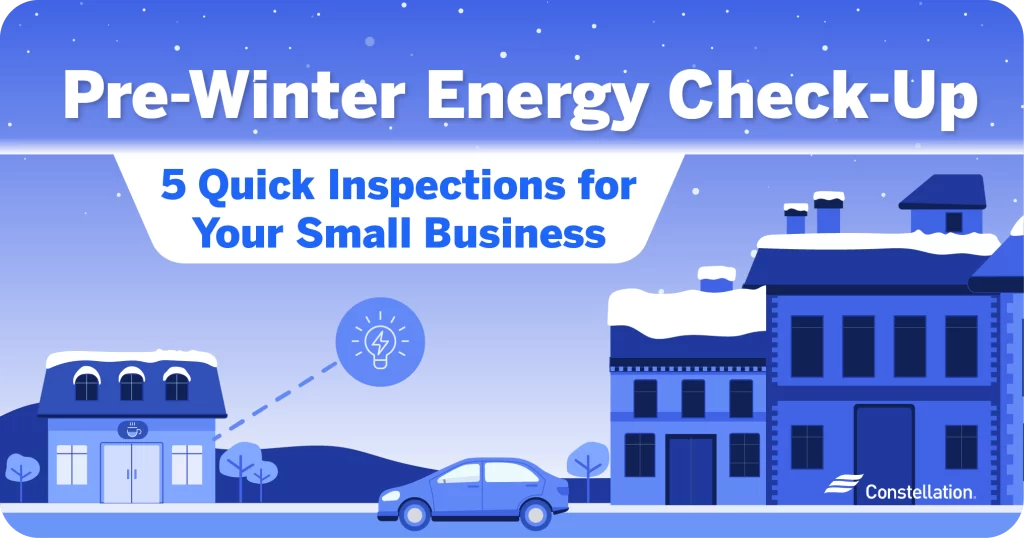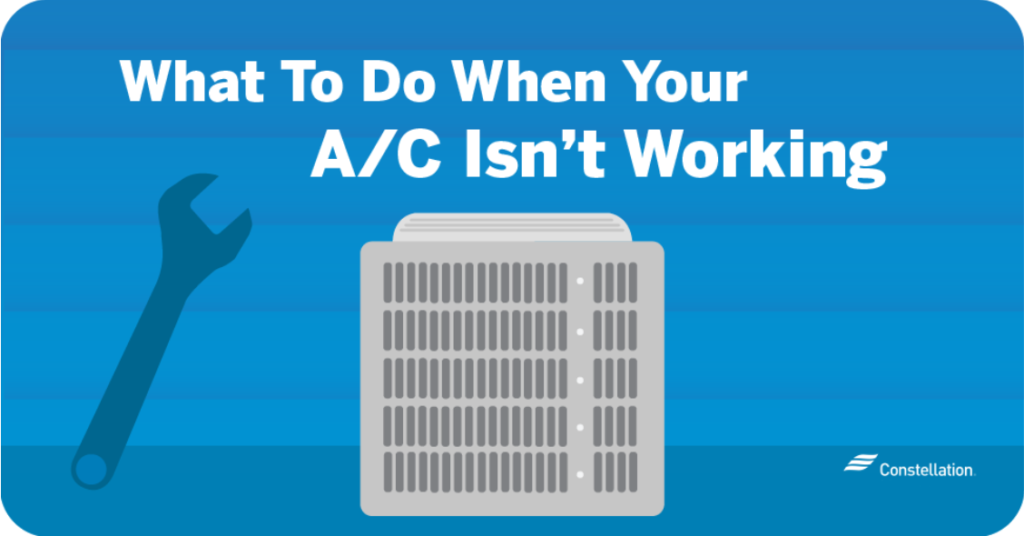
A/C Not Cooling? 7 DIY Tips to Fix Your A/C
When the temperature starts to climb, most people rely on their air conditioning system to keep their home cool and comfortable. So, when your air conditioner stops working correctly, you’re bound to notice the problem right away.

Home Energy Savings: What Is Geofencing?
Technology is constantly offering us new ways to save energy and simplify our lives. It makes daily tasks easier, helps us organize, and keeps us all connected.
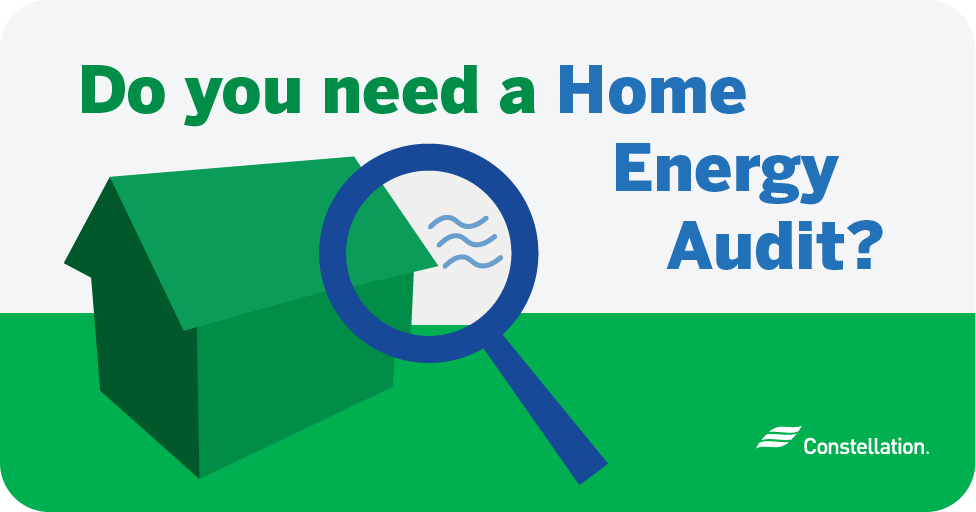
What is a Home Energy Audit and How to Do One
The US Energy Information Administration estimates the average annual electricity consumption of a US home is 10,399 kilowatt hours (kWh), and depending on where you live or how you receive energy, a year’s worth of energy can really add up. But what many homeowners don’t know is that their home could be working against them
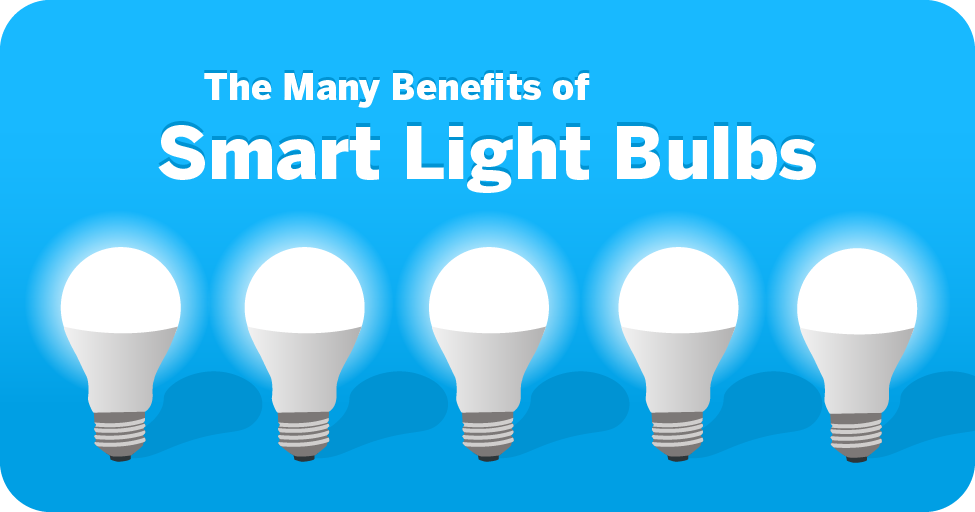
The Many Benefits of Smart Lighting
Smart lighting is revolutionizing how property owners control lighting, conserve energy and improve security with simple voice commands and home connectivity. It’s why smart lighting systems are one of many energy-saving strategies for smart homes, and they’re also a great first step into the Internet of Things (IoT) if you’re curious about smart technology.
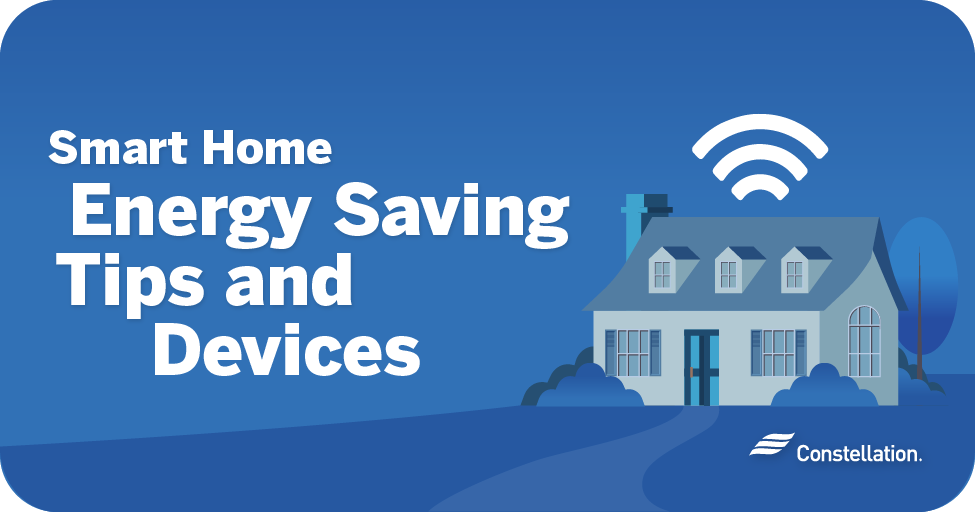
Smart Home Energy Saving Tips and Devices
Whether it’s switching the lights off when leaving a room or turning off electronics and appliances when not in use, there are simple habits that can help you conserve energy. However, by investing in smart home energy saving devices, you can automate many of these daily tasks and increase your overall energy savings.
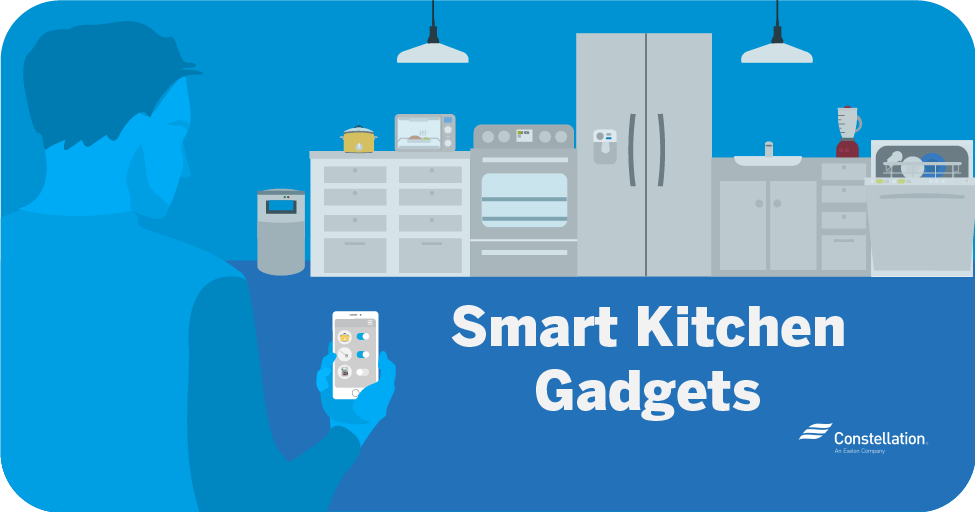
Smart Kitchen Gadgets: The Future of Cooking
The kitchen is arguably the most important room in a home. When new homeowners are looking for a house, the kitchen is often a deciding factor.
Get Pricing on Electricity or Natural Gas Plans in Your Area
Whatever your energy needs, we've got a plan for you
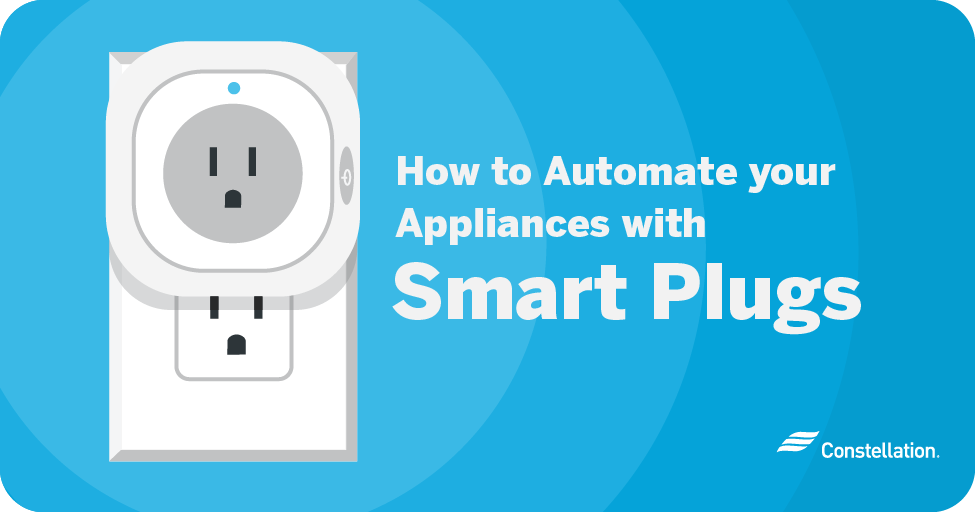
The Best Smart Plug Uses
Smart plug uses are multiplying as smart home systems gain in popularity. You can use them independently or integrate them into home monitoring systems like Constellation Connect.
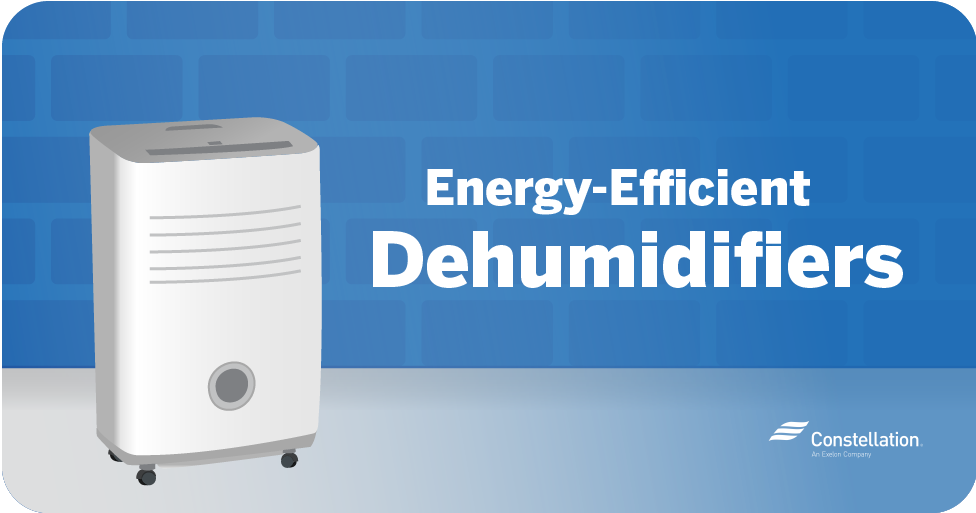
Energy-Efficient Dehumidifiers: How to Choose the Best Dehumidifier for Your Home
Properly maintaining your home’s humidity can be important for both your health and your living space. Too much humidity in your house could possibly result in mold and wood rot, and aggravate allergy and asthma symptoms.
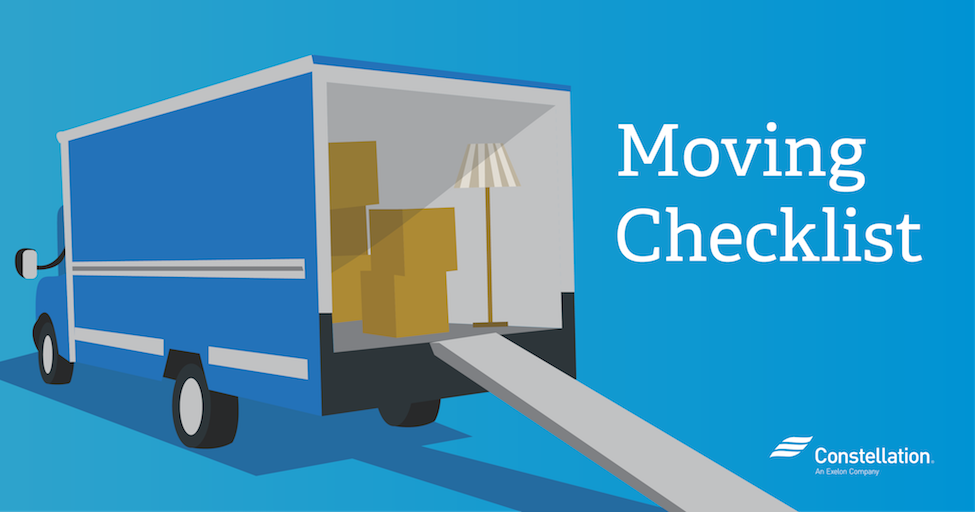
Week-by-Week Moving Checklist: Best Tips for Moving and Packing
Moving can be rough. It’s time-consuming, expensive, and hard on your body.
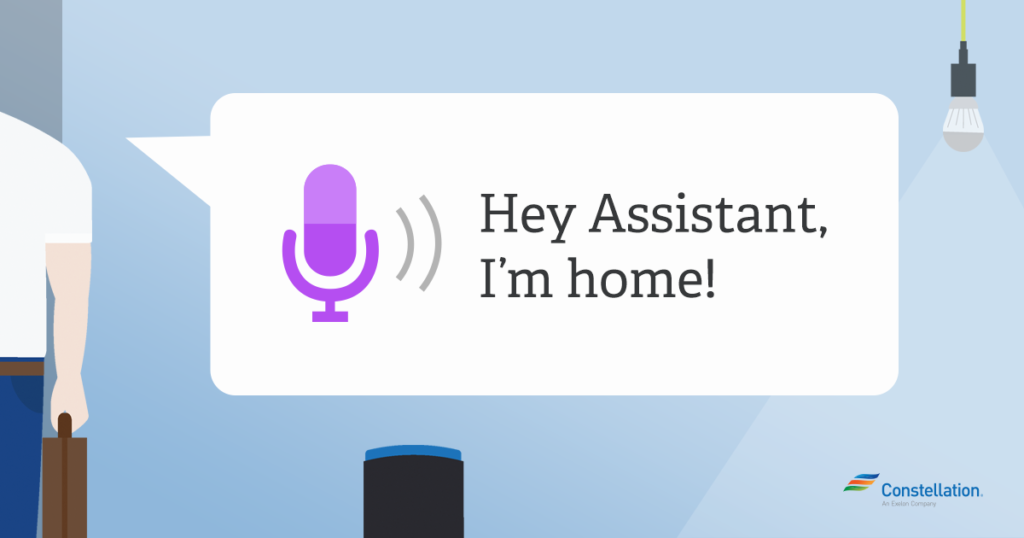
6 Essential Routines for Smart-Home Assistants
So maybe we don’t yet have flying cars or robot maids (unless you count your Roomba), but if you have a smart-home assistant like Amazon Echo or Google Home—and you’ve figured out the best smart-assistant routines to make your life easier—now you’re keeping up with the Jetsons. Routines are the key to getting the most
